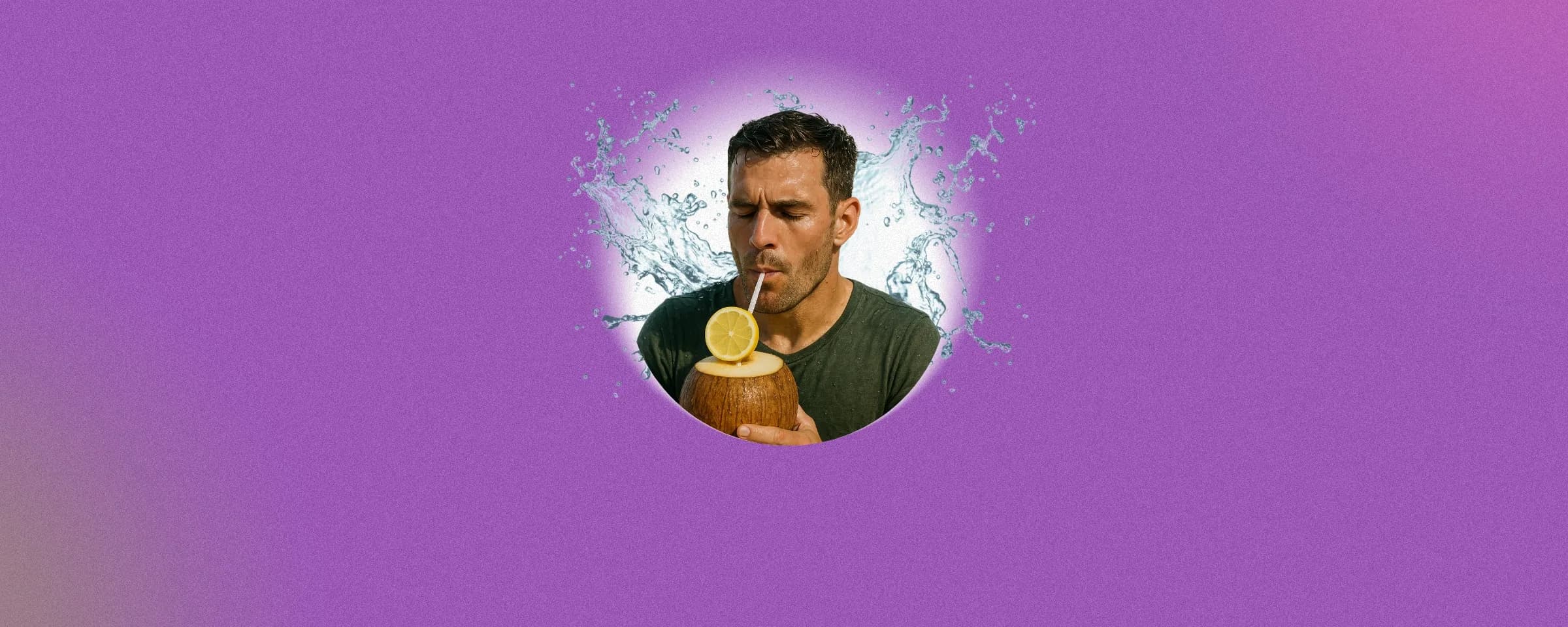How Much Water to Drink Daily: Simple Answers for Healthy Living

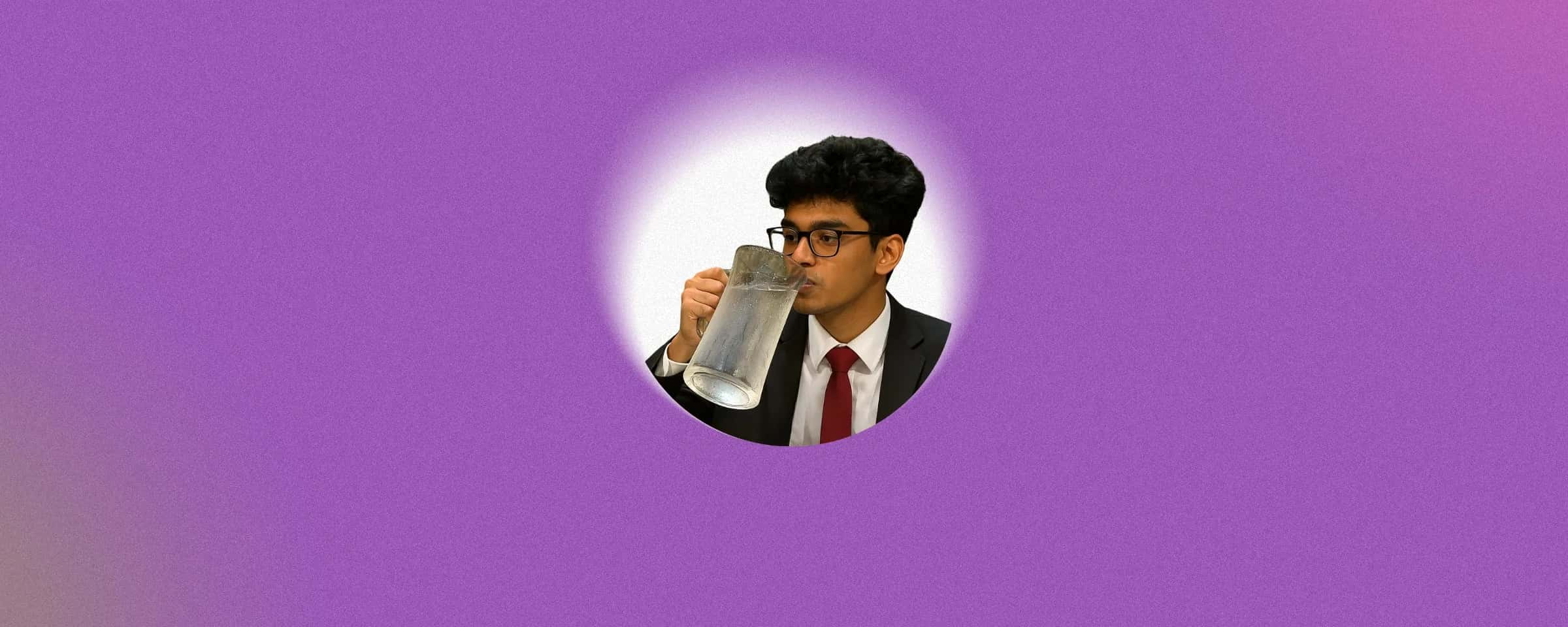
Introduction
Many of us have heard ‘drink more water’ from our dietitian, nutritionist, and even our parents and grandparents. But, how much water is too much water? Some say eight glasses a day, others recommend basing it on weight. This makes knowing the right amount of water to consume extremely confusing.
While the 4-to-6 cup rule is a go-to, it differs based on how much water you take in from other beverages and food sources. Certain health conditions, medications, activity level, and ambient temperature also influence total daily water intake.
Whatever the ideal amount, staying hydrated is important not just for quenching your thirst but also for the vital role it plays in digestion, energy levels, skin health and overall well-being.
With this blog, you can understand how much water to drink daily, how many glasses of water are in 1 litre, why drinking water matters, how to calculate daily water intake for everyone, what factors affect your water needs, and much more.
Why Water Matters: The Role of Hydration in Daily Nutrition
Your body loses water naturally every day through breathing, sweating, and using the restroom. But if you lose more water than you consume, it can cause dehydration.
This can cause you to feel dizzy, affect your mood and memory, and lead to some digestive problems. In extreme cases, they can even cause confusion or problems with the kidneys and your heart.
The bright side is that water is not the only hydrating option that can meet your hydration needs. Things such as soup, milk, juice, even coffee and tea, add to your total daily intake. Even though these fluids are not necessarily as hydrating as water is, they nevertheless contribute to your daily hydration.
It’s important to note that a cup of water contains zero calories. So switching sugary beverages with just water will allow you to cut down your calorie consumption, too.
Here are other ways in which water helps our bodies:
- Keep a normal temperature.
- Lubricate and cushion joints.
- Protect your spinal cord and other sensitive tissues.
- Eliminate waste through urination, perspiration, and bowel movements.
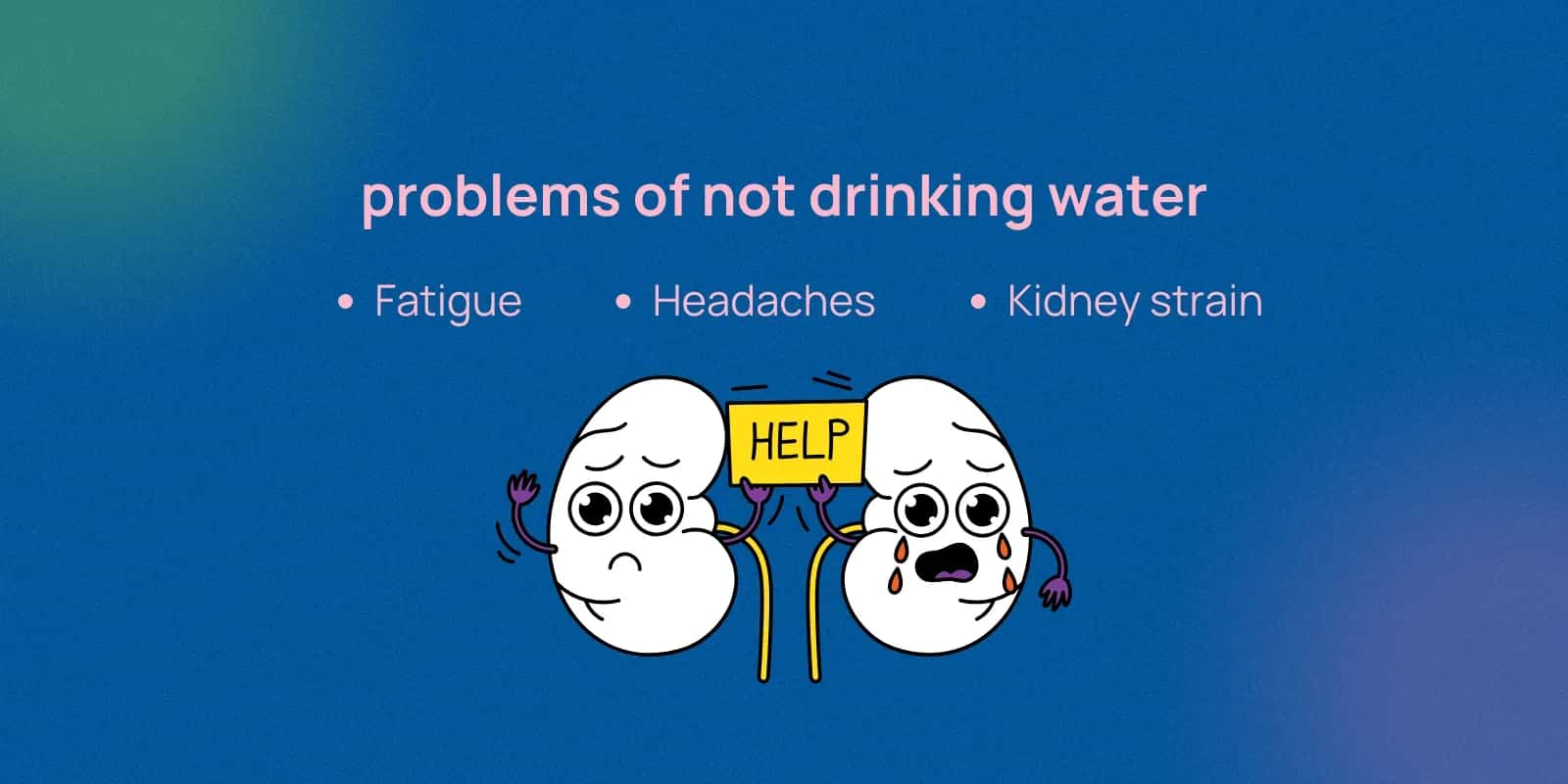
Daily Hydration Needs: How Much Water Is Enough?
There is no universal principle for consuming water. The amount of water that you require is determined by your age, body size, activity, and climate. But here are the general suggestions of health experts: Adult women: Around 2.7 litres a day (including fluids in food) Adult men: About 3.7 litres, including fluid intake through foods
Such figures involve the water in drinks such as tea, milk, coffee, as well as water-rich fruits and vegetables. Nevertheless, the easiest place to start is the ever-popular 8x8 rule, where you drink eight 240 ml glasses of water a day, roughly 1.9 litres.
How Many Glasses of Water Are in one Litre? Accurate Conversions & Practical Guide
If you prefer to think in glasses, not litres, you need to divide the ideal water intake by the size of your glass (in mLs). Here are a few examples of how this works:
- For 1000 ml of water = 4 glasses (1000/250) (standard-sized glass)
- So if you take smaller 200 ml ones, you’ll need to drink five glasses to drink one litre of water.
- Similarly, when you take bigger glasses of 300 ml, you need to drink 3 1/3 glasses for one litre.
How to Calculate Daily Water Intake for Everyone
A more tailored approach is to use your body weight:
30–35 ml of water per kg of body weight is a healthy target.
For example: If you weigh 60 kg, you should drink about 1.8–2.1 litres daily, adjusting for exercise and climate.
What Factors Affect Your Water Needs? Activity, Weather, and More
Here are some of the factors that may increase your water needs:
- Where you live: Hot, humid, or dry areas or high altitudes like mountains.
- Your diet: Sugary or caffeinated beverages, spicy, salty, non-hydrating foods.
- How active you are: Walking, exercising, or doing any intense activity.
- Your health: Infection, fever, vomiting, or diarrhoea, or health conditions like diabetes, and medications like diuretics. Pregnancy or breastfeeding.
One Litre Water: Weight, Bottle Sizes, and Common Questions
Weight one litre of water: Approximately 1 kilogram at room temperature. Popular water bottle sizes: Many people carry 1-litre bottles for convenience. One litre water bottle under 100: Affordable plastic or stainless steel bottles are available in this range, making it budget-friendly to carry your water.
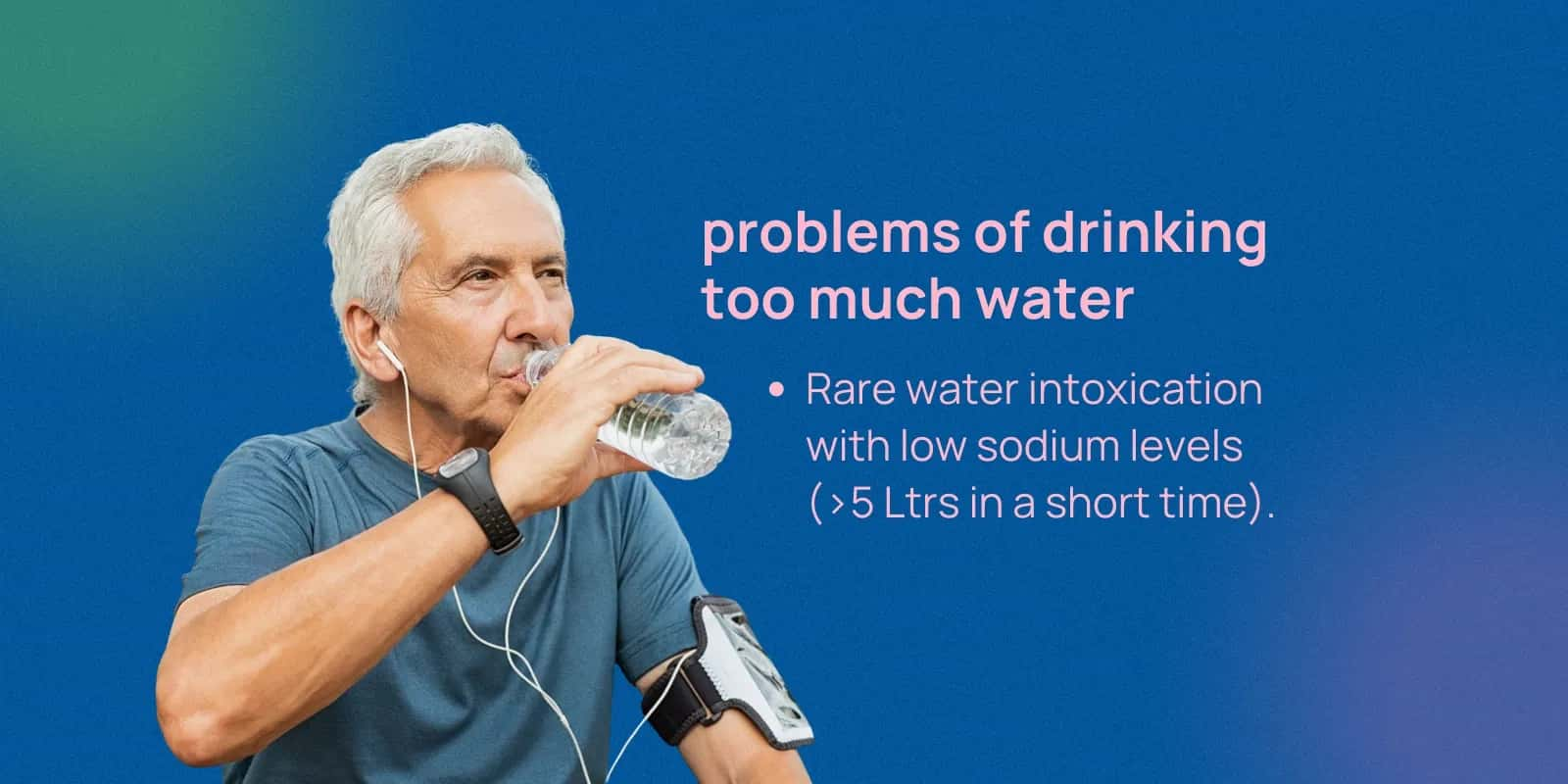
Comparing Different Glass Sizes: How Many Glasses in 1 Litre of Water?
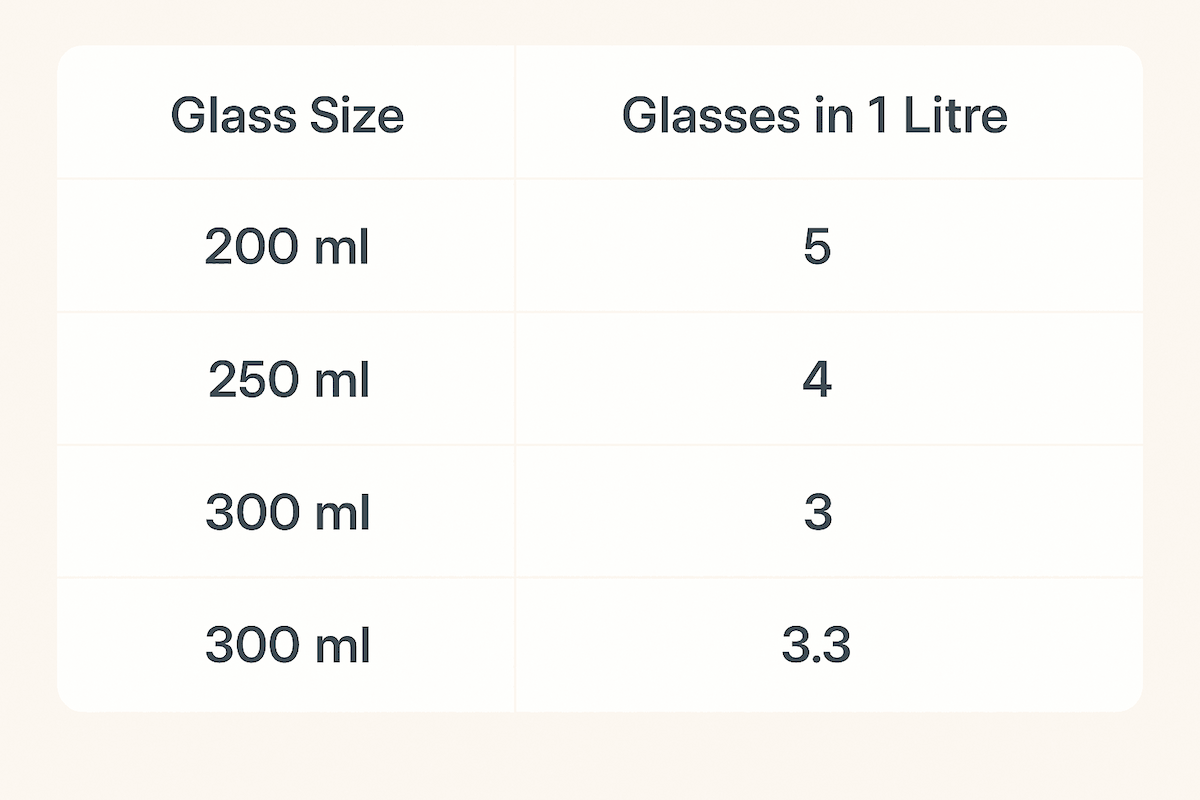
Sources of Water You Can Rely On
Although the best form of hydration is plain water, you can also meet your hydration needs through other foods and drinks. These are the 10 water resources:
Exploring Freshwater: Rivers, Lakes, Rain, and More
- Rivers: Traditionally, many rural communities rely on river water for daily needs.
- Lakes: Often serve as key reservoirs in towns.
- Rainwater: Collected and stored in clean tanks in some regions.
- Springs: Naturally filtered underground sources.
- Glacial meltwater: Found in mountainous areas.
Man-made Sources: Reservoirs, Water Tanks, and More
- Reservoirs: Artificial lakes that store drinking water.
- Water tanks: Common in households for storage.
- Pipelines: Supply treated water to homes.
- Desalination plants: Turn seawater into drinkable water in coastal areas.
- Packaged bottled water: A convenient but costlier option.
Popular Water Bottles Under 100: Affordable Hydration Solutions
Staying hydrated is easier when you have a water bottle handy. Today, you can find:
- Reusable plastic bottles: Lightweight and inexpensive.
- Basic stainless steel bottles: Slightly more durable but sometimes available under ₹100 in smaller sizes.
- Foldable bottles: Space-saving for travel.
These budget-friendly options encourage you to carry water wherever you go, reducing your reliance on packaged drinks.
How to Drink Water Smart: Tips for Drinking More Water Daily
- Start your day with water: Drink a glass first thing in the morning.
- Use reminders: Set alarms or use hydration tracking apps.
- Flavour naturally: Add lemon slices, cucumber, or mint.
- Eat water-rich foods: Watermelon, cucumber, and oranges boost hydration.
- Sip throughout the day: Avoid drinking large amounts at once.
- Match intake to activity: Drink more during workouts or outdoor activities.
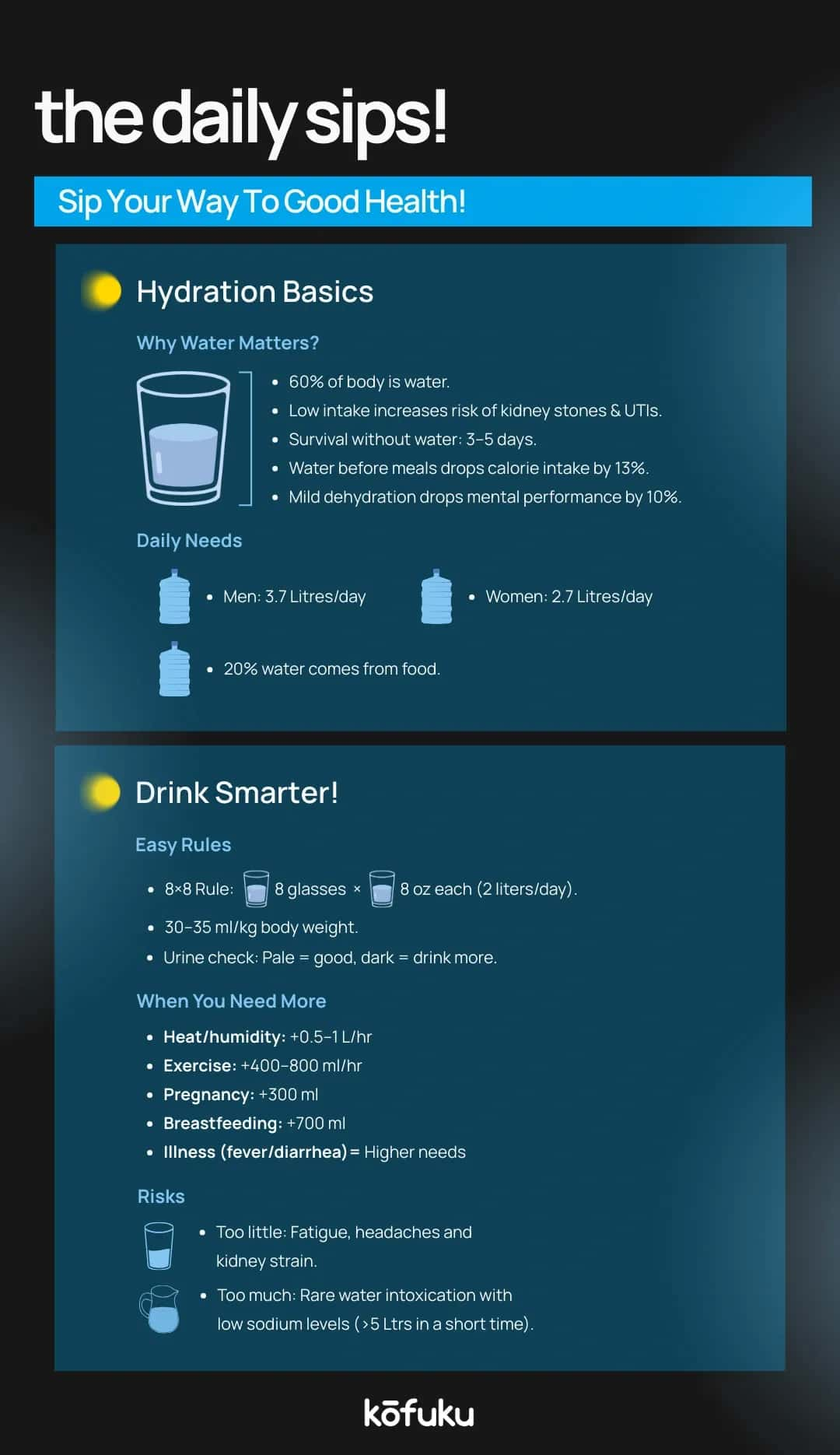
FAQs
Q. How much water should I drink daily for good health?
A. Most adults need about two to three litres of fluids daily, including water, tea, and food moisture. Adjust intake based on activity, climate, and health conditions to maintain proper hydration, energy, digestion, and overall body function.
Q. How many glasses are in 1 litre of water?
A. One litre equals about four standard 250 ml glasses of water. If your glass is smaller or larger, the number will change; five glasses for a 200 ml glass and roughly three and one-third for a 300 ml glass.
Q. How many glasses of water should I drink in a day?
A. Aim for 8 to 12 glasses daily, depending on glass size, activity, weather, and diet. This typically equals 2 to 3 litres, including fluids from other drinks and water-rich foods such as fruits and vegetables.
Q. What is the weight of 1 litre of water?
A. One litre of water weighs approximately 1 kilogram at room temperature. This weight can vary slightly with temperature and dissolved minerals, but it is generally considered a reliable conversion for measuring and tracking daily hydration needs.
Q. How many glasses make up 1 litre using a standard glass?
A. Using a standard 250 ml glass, 1 litre equals four glasses. If your glass differs in capacity, adjust accordingly. Smaller glasses require more fills, and larger glasses require fewer to reach one litre.
Q. What are the top 10 natural sources of water?
A. Top natural sources include rivers, lakes, springs, rainwater, glacial melt, reservoirs, groundwater, ponds, streams, and aquifers. These supply drinking water after proper treatment to ensure it meets safety standards for human consumption and daily use.
Q. Can I count tea, coffee, or juice towards my daily water intake?
A. Yes. Tea, coffee, milk, juice, and soups contribute to hydration. However, limit high-sugar drinks and excess caffeine, as they may cause mild diuretic effects. Water-rich foods like cucumbers and watermelon also help meet fluid needs.
Q. What size water bottle should I use for daily hydration?
A. A 1-litre bottle works well for tracking intake, and refilling twice daily meets most needs. For portability, use 500–750 ml bottles. Choose reusable, BPA-free bottles to encourage consistent hydration at work, during exercise, and while travelling.

